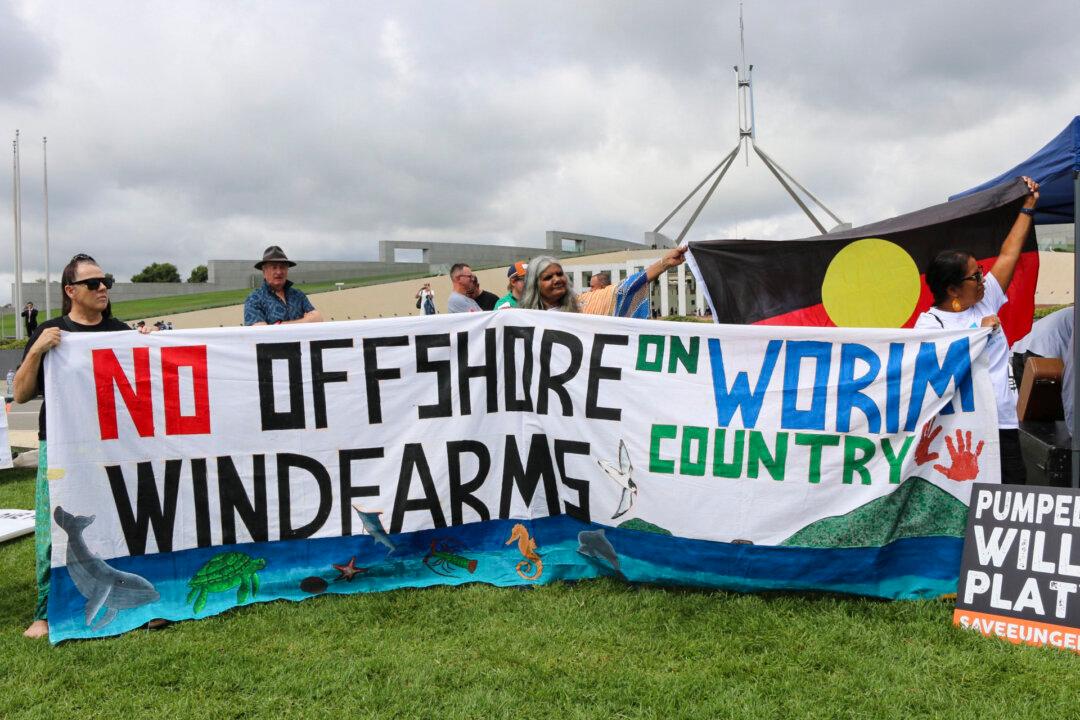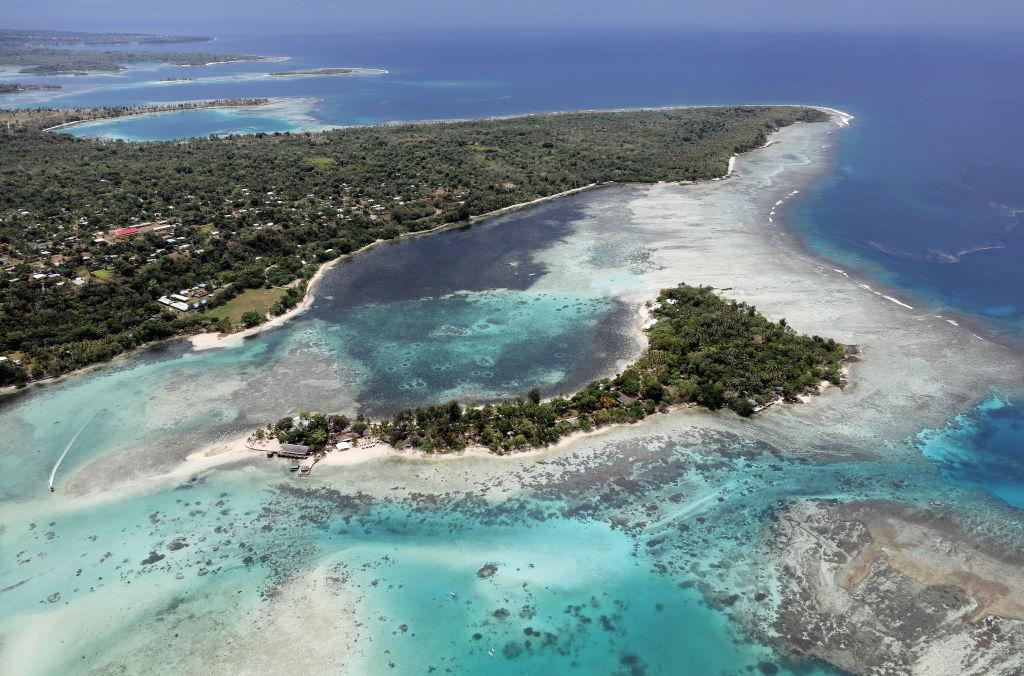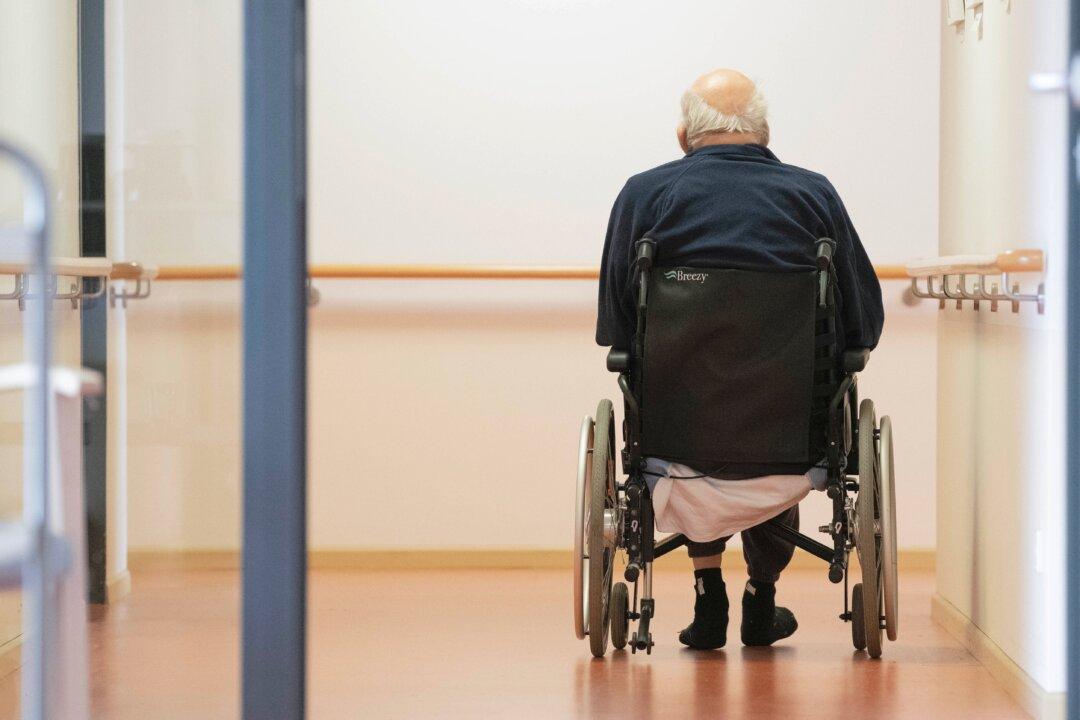The Royal Melbourne Institute of Technology (RMIT) fact-checker has been dropped by Meta over allegations of bias and unfairness regarding the Indigenous Voice to Parliament referendum.
Australians will be voting in October on whether to enshrine an advisory body and recognition of Indigenous people into their Constitution.




